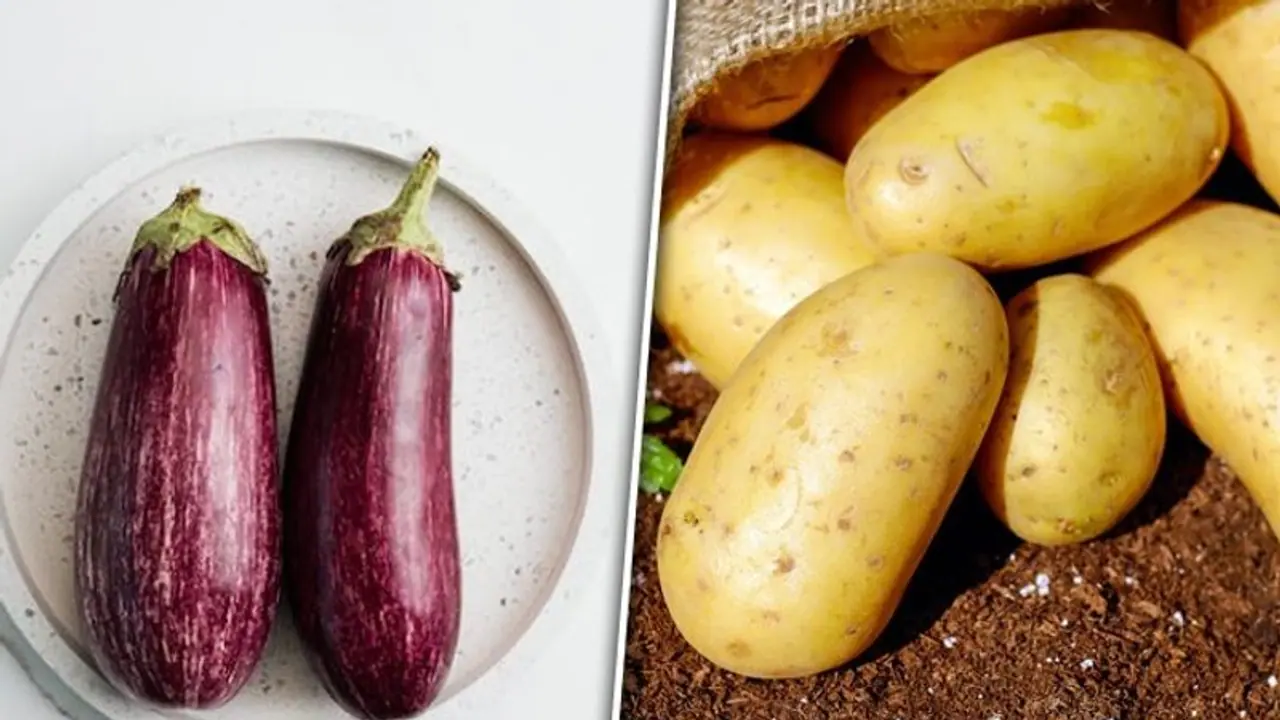Discover 5 vegetables you should avoid eating raw for better digestion and nutrient absorption. Learn how cooking transforms potatoes, eggplants, tomatoes, spinach, and asparagus to unlock their full flavor and health potential
Embracing a diet abundant in fresh vegetables is a step towards better health and vitality. Raw vegetables offer a wealth of essential nutrients, but it's important to remember that not all vegetables are ideally consumed in their natural, uncooked state. Certain vegetables harbor compounds that can be harsh on digestion or even impede nutrient absorption. In this article, we'll explore five vegetables that are best enjoyed after being cooked, ensuring that your nutritional intake remains optimal.

1. Potatoes
Potatoes, the beloved tubers that grace our plates in various forms, are best appreciated when cooked. Raw potatoes contain resistant starches that can be taxing on the digestive system, potentially leading to bloating and discomfort. Additionally, they contain solanine, a natural toxin that can trigger symptoms like nausea and headaches. Cooking potatoes through methods such as boiling, baking, or roasting breaks down these compounds, making them gentler on your stomach and safer for consumption.
2. Eggplants
Eggplants, with their distinctive texture and rich flavor, hold a unique place in culinary traditions. However, consuming them raw isn't recommended due to their bitter taste and the presence of solasonine, a compound that can cause digestive distress. Cooking eggplants not only eliminates their bitterness but also enhances their taste and nutritional value. Grilling, roasting, or sautéing eggplants can make them a delectable addition to your meals.
ALSO READ: Embarking on adventure of a lifetime: 8 ways parenting transforms you
3. Tomatoes
Tomatoes, known for their vibrant color and potent antioxidants, offer a myriad of health benefits. Yet, they are more advantageous when cooked. Raw tomatoes contain tomatine, a compound that may pose digestive challenges and hinder nutrient absorption. Cooking tomatoes transforms their texture and reduces tomatine levels. Simmering tomatoes into sauces or roasting them amplifies their flavors and allows you to access their nutrients more effectively.
ALSO READ: Discover 7 Natural Remedies for Joint Pain: Alleviate discomfort and enhance mobility
4. Spinach
While spinach often stars in fresh salads, its nutrient profile can be enhanced through cooking. Raw spinach contains oxalic acid, which can interfere with calcium and iron absorption. Cooking spinach diminishes oxalic acid content and makes its nutrients more bioavailable. Steaming or sautéing spinach briefly can help retain its nutritional value while improving digestibility.
5. Asparagus
Asparagus, celebrated for its unique taste and slender spears, is another vegetable that offers more when cooked. Raw asparagus can be tough on the digestive system due to its fibrous nature. Cooking asparagus, whether by roasting, steaming, or grilling, softens its texture and unlocks its nutrients, making them easier to absorb.
While incorporating raw vegetables into your diet is commendable, certain vegetables are better suited for consumption after cooking. By applying appropriate cooking methods, you can relish the flavors and maximize the nutritional benefits of these vegetables while ensuring a kinder experience for your digestive system.
